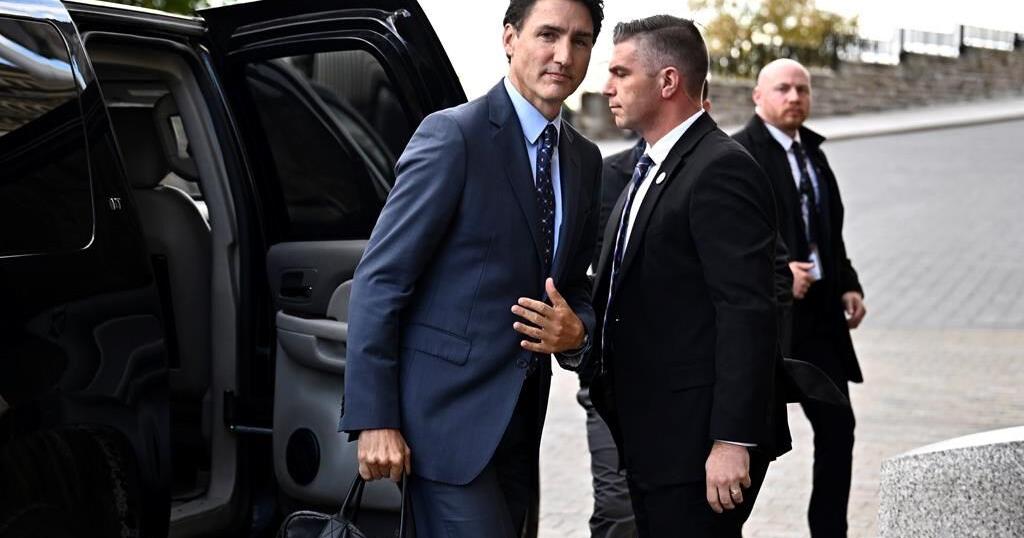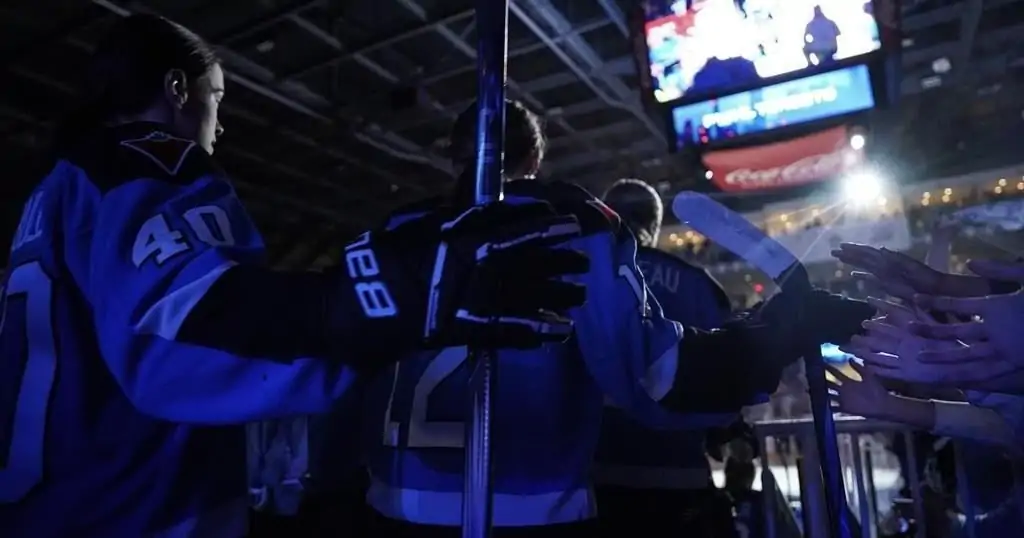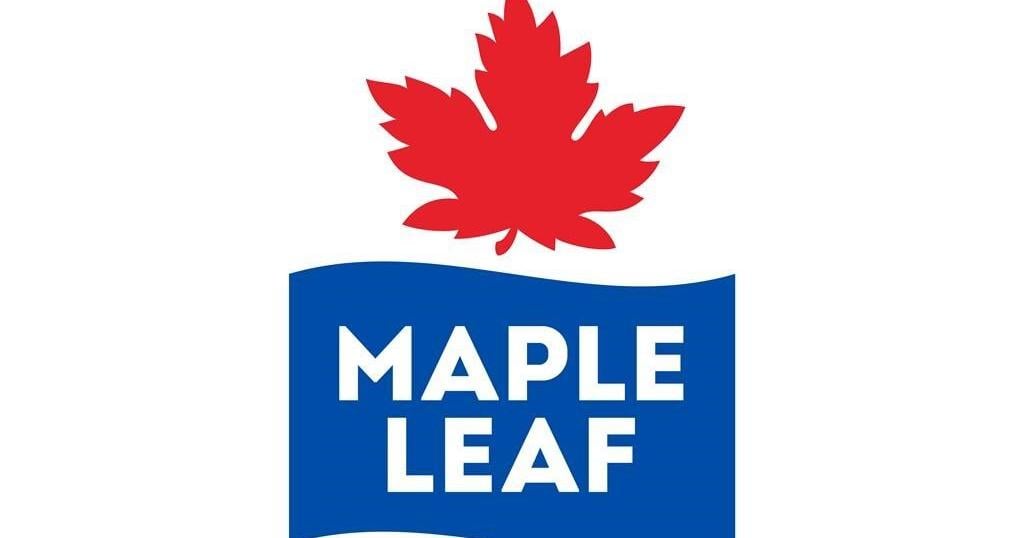OTTAWA – As Canada’s decision to expel New Delhi’s top envoy and five other diplomats makes front page news in India, International Trade Minister Mary Ng is trying to reassure Canadian businesses with ties to the country.
On Monday, the RCMP warned the public about a rash of crimes including murder, extortion and coercion that the force links to Indian government agents. The allegations sparked diplomatic retaliation; after Canada declared six Indian diplomats persona non grata, India ordered six Canadian envoys out of the country by Saturday.
Ng issued a statement acknowledging the “uncertainty” that Canadian businesses and investors may have as a result, and said the government will continue to support commercial and economic ties between the countries.
“However, we must consider our economic interests with the need to protect Canadians and uphold the rule of law,” she said. “We will not tolerate any foreign government threatening, extorting or harming Canadian citizens on our soil.”
Ng said the government remains “open to a dialogue” with India and looks forward to continuing a “valued relationship.”
The RCMP and other Canadian officials presented evidence to India earlier this past weekend, but they say New Delhi refused to co-operate in police investigations.
Foreign Affairs Minister Mélanie Joly said that is why Canada declared the six diplomats persona non grata, which is one of the stiffest penalties Canada can impose under the Vienna Convention.
India insists it has not been given evidence of any government involvement in crimes in Canada, and it has ordered six Canadian diplomats to leave.
Vina Nadjibulla, research vice-president for the Asia Pacific Foundation, said she’s watching to see how Canada’s peers respond to the “unprecedented, extraordinary” news.
That could mean diplomatic moves behind the scenes, and possibly public statements of support for Canada.
“The reaction from the U.S. is going to be the one that everybody will be paying attention to,” she said.
“In order for Canada, at this stage, to have any kind of co-operation from India and seek accountability for what has happened, we would need India to feel some pressure; we would need India to feel some reason to co-operate.”
Nadjibulla said it was notable that Joly accused active diplomats of involvement in criminality, and that she said violence linked to the Indian government had only increased since Canada made its concerns public last year.
In September 2023, Prime Minister Justin Trudeau announced that Canadian intelligence services were investigating “credible” information about “a potential link” between India’s government and the killing of Sikh leader Hardeep Singh Nijjar in British Columbia.
Nadjibulla said Ottawa has now “very clearly and assertively” made its case, in sending senior officials this past weekend to present evidence to Indian counterparts.
“Canada did what it thought was necessary,” she said. “We are in uncharted territory, with implications for the diplomatic relationship as well as for Canada’s public safety and national security.”
Nadjibulla also said it’s rare for diplomats to be expelled over accusations of criminality. “We’re not dealing here with a rogue state; we’re dealing here with a very important international player,” she said.
This report by The Canadian Press was first published Oct. 15, 2024.

























